This is our first guest post from Mike Belsito, Co-Founder of eFuneral (which means he’s THE guy to talk deathtech).
I’ve heard from many people that technology really doesn’t have a place in death, dying, grieving, or even funeral planning because of the intimate and traditional nature that death and dying has played in our society. This, of course, is way off base. Technology is not only relevant to these topics, but it’s beginning to play an integral role. Sure, it may have taken longer for “death tech” to become relevant – but it’s here and it’s here to stay.
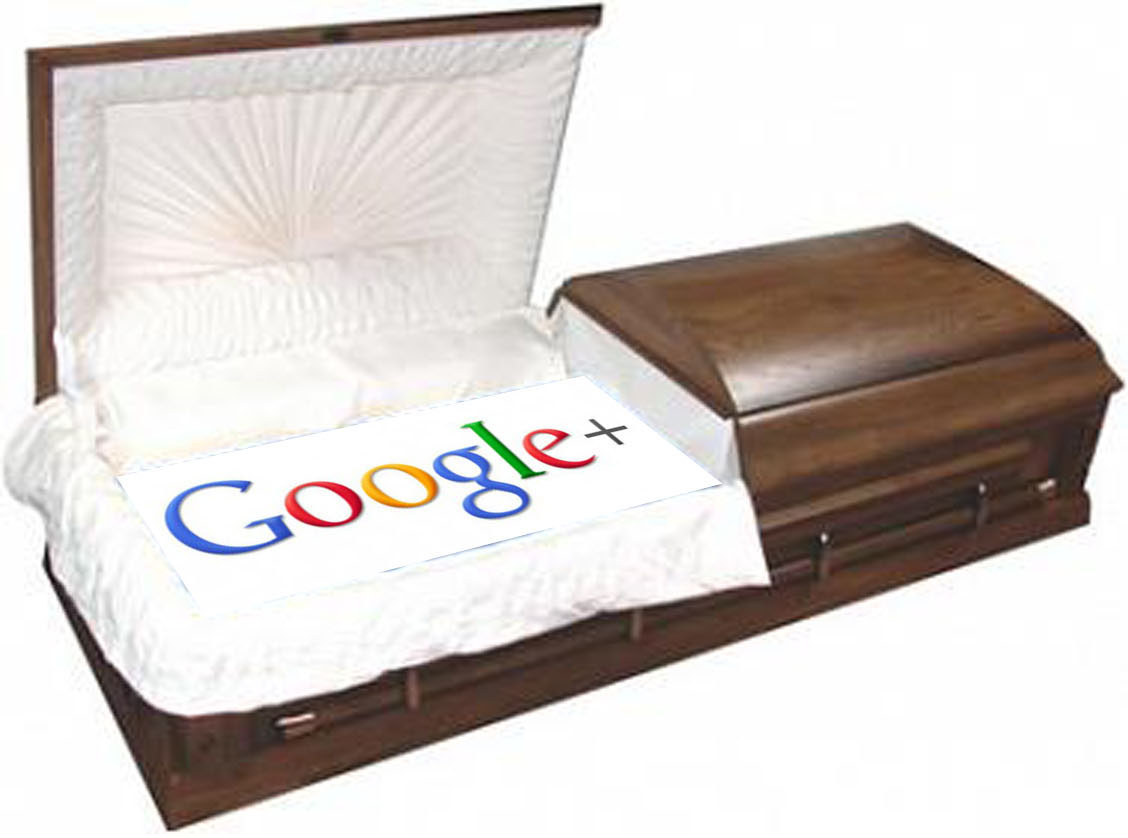
Not buying it? Consider these points:
1) According to Google, the word “death” is searched for 68,000,000 times per month. For perspective, that’s twice as much as the search results for the word “marriage” – and more than thirteen times as much as the results for “happiness.” For more perspective, the term “death” is searched more times per month than websites like Huffington Post, Bing, or Pinterest are visited.
2) Over 17,000 funeral services last year were broadcast over the internet for those unable to be physically present.
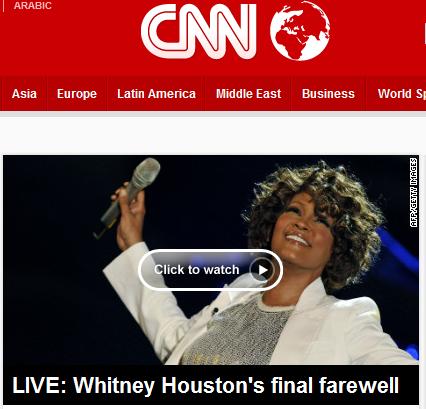
3) Sheryl Sandburg, Facebook’s Chief Operating Officer and Board Member, has publicly shared how surprised she was to see how people interact with living obituaries that can be found on her little social network.
The question isn’t whether technology plays a role – the question is how integrated technology will become in what USA Today calls “Mourning 2.0.” If death and technology have been flirting up until now – I’m wondering when the time will be before they take the next step of their relationship and make out, get it on, and make babies. And what, exactly, will those babies look like? (Figuratively speaking, of course…)
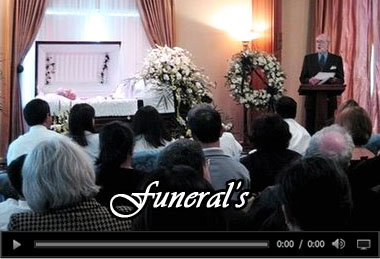
So please allow me to fast forward a 10-15 years or so. We may not be living in a world of Marty McFly-like hoverboards, but I do predict we’ll start to see the following as it relates to “death tech”:
1) Funerals will begin to be arranged purely over the internet – from beginning right up until a viewing or memorial service. With services like Skype and Facetime blurring the lines of what “face to face” means, it may become less necessary to actually step into a funeral home’s “arrangement room.” This doesn’t take away the role of the Funeral Director or the need for personalized service. In fact, service may start to become a lot more personal as a face-to-face meeting can happen within a matter of seconds after just a few clicks.
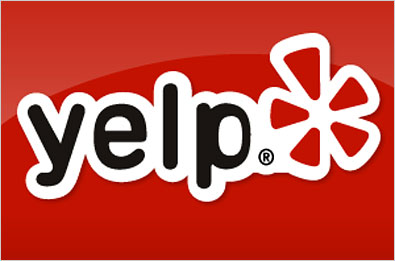
2) LOTS of information will be available to consumers when making a decision about funeral homes to work with. We don’t have to be fortune tellers to know that people crave information. Today, people (especially younger generations) already turn to websites like TripAdvisor and Yelp for information before making a decision on which restaurant to eat at or which hotel to crash at. Funeral service, however, has been a different story. Decisions were made based on culture, tradition, or frankly, habit. This is already changing – especially as information-hungry baby boomers are beginning to plan funeral services themselves. In the future – information such as consumer reviews and statistics on services given in the past will be readily available.
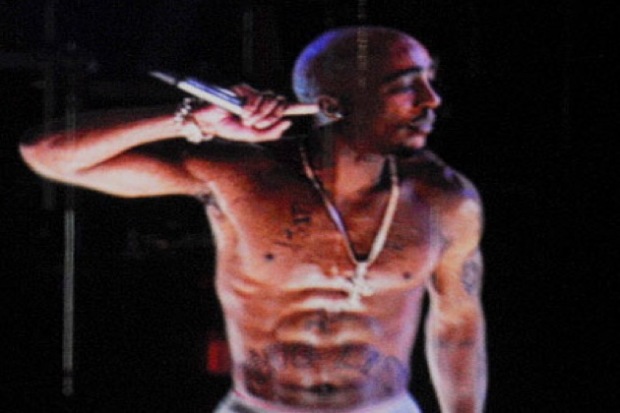
3) Those who have died may give their own eulogy. Okay, this one might be a bit out there. But it’s not that far off. This past year at Coachella, one of the biggest acts, Tupac Shakur, has been dead for over 15 years. That didn’t stop him from rocking out on “2 of Amerikaz Most Wanted” and other memorable hits. Sure, the cost is pretty prohibitive right now for your neighborhood funeral director to offer a hologram service for you. But consider this: in 1992, 4096KB of memory cost $159. Today? The cost is two cents.
In the wild world of the interwebs, one thing that I do know is nearly anything can happen. So given that, what do you think will happen in the near and distant future to bring death tech to the forefront?
Mike Belsito is an Internet entrepreneur from Cleveland, Ohio with a background in product innovation, ideation, and startup business development. Mike is the Co-Founder of eFuneral, a Cleveland-based online platform that helps connect funeral planners with the funeral homes that can best serve them.
